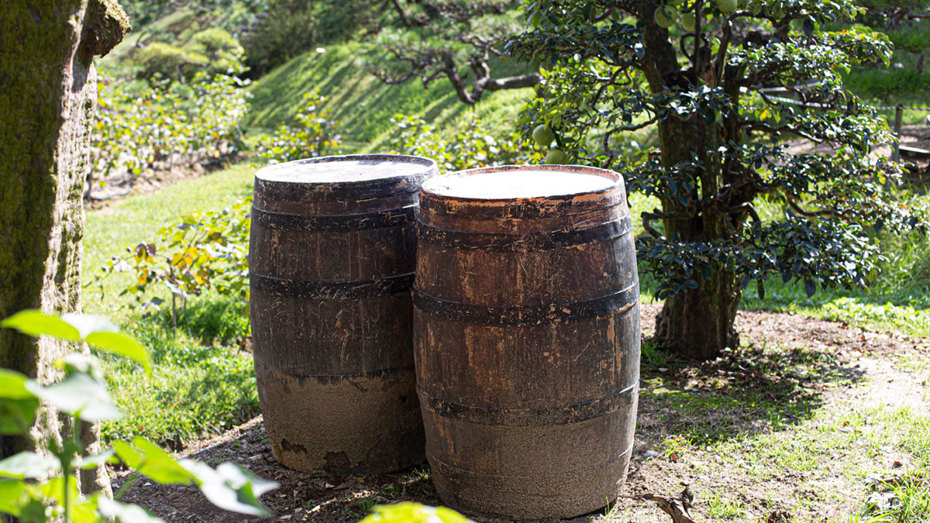The bourbon industry, deeply rooted in tradition and craftsmanship, is increasingly turning its attention to sustainability. As the demand for bourbon continues to rise, distilleries are recognizing the importance of environmentally friendly practices in preserving the craft for future generations. This article explores the various ways in which the bourbon industry is embracing sustainability, from grain sourcing to waste management.
Approaches to Environmental Sustainability
- The Growing Need for Sustainability in Bourbon Production
The production of bourbon, like any agricultural process, has a significant environmental footprint. It involves large quantities of water, grains, energy, and wood. With the bourbon industry's growth, the need for sustainable practices becomes more pressing to mitigate impacts on land, water, and air quality. - Sustainable Grain Sourcing
Sustainable bourbon starts with the grains. More distilleries are turning to local and organic farming for their corn, rye, barley, and wheat. This not only reduces the carbon footprint associated with transportation but also supports local economies. Organic farming practices further ensure that the grains are free from harmful pesticides, promoting soil health and biodiversity. - Energy Efficiency in Distillation
Distillation is an energy-intensive process. To address this, many distilleries are investing in energy-efficient technologies. Some are using alternative energy sources like solar or biomass. Others are improving the efficiency of their stills and heating systems, reducing both energy consumption and greenhouse gas emissions. - Water Usage and Conservation
Water is a critical component in bourbon production, not just for the product itself but also in the cooling systems during distillation. Distilleries are implementing water conservation measures such as recycling cooling water and treating wastewater. By reducing water usage and ensuring that wastewater is properly treated before being released, distilleries can significantly reduce their environmental impact. - The Role of Barrels in Sustainability
The oak barrels used for aging bourbon play a crucial role in its flavor profile. The sustainability of barrel production is therefore a key concern. Distilleries are working with cooperages that practice responsible forestry, ensuring that the oak is sourced from sustainably managed forests. Some are also experimenting with ways to reuse or repurpose barrels, extending their life cycle. - Waste Management and Byproduct Utilization
The bourbon-making process generates various byproducts, including spent grains and stillage. Instead of discarding these byproducts, distilleries are finding innovative ways to utilize them. Spent grains, rich in nutrients, are often used as livestock feed or composted. Some distilleries are even converting waste into biogas as a renewable energy source. - Packaging and Distribution
Sustainable practices extend beyond the distillery. Eco-friendly packaging materials, such as recycled glass and biodegradable labels, are becoming more common. Additionally, distilleries are optimizing their distribution networks to reduce transportation emissions, including using more fuel-efficient vehicles and consolidating shipments. - Building a Sustainable Community
Sustainability in the bourbon industry is not just about individual distilleries making changes; it's about building a community committed to environmental stewardship. This includes educating consumers about sustainable practices and collaborating with suppliers, local governments, and environmental organizations to create a more sustainable industry. - Challenges and Opportunities
While the move towards sustainability presents challenges, particularly in balancing tradition with innovation, it also offers opportunities. Sustainable practices can lead to cost savings in the long run, improve the industry's reputation, and attract consumers who value environmental responsibility. - The Future of Sustainable Bourbon
The future of bourbon lies in its ability to adapt and evolve in response to environmental challenges. As consumers become more environmentally conscious, they will likely seek out brands that align with their values. This consumer demand, combined with a genuine commitment to environmental stewardship, will drive further innovation and sustainability in the bourbon industry.
Conclusion
Sustainability in the bourbon industry is an evolving journey. From grain sourcing to barrel production, water conservation to waste management, distilleries are embracing a range of practices to minimize their environmental impact. These efforts not only ensure the longevity of the bourbon industry but also contribute to a healthier planet. As the industry continues to grow, its commitment to sustainability will play a crucial role in preserving the heritage and integrity of America's native spirit.

